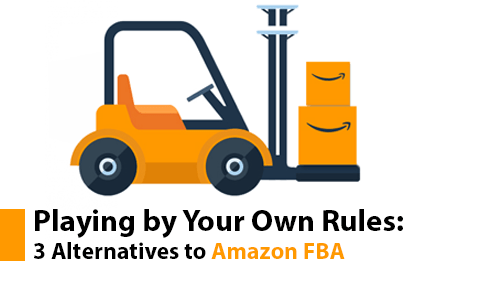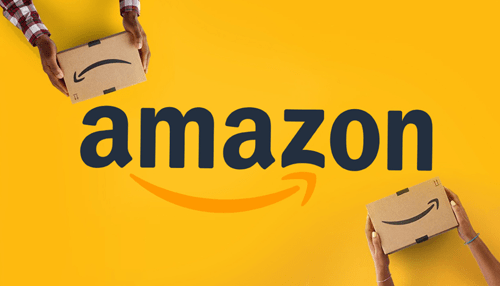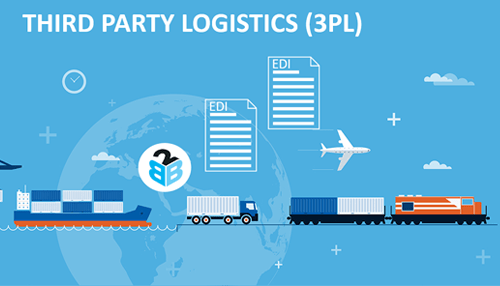With Amazon having recently suspended non-essential deliveries to its warehouses, the Fulfillment by Amazon (FBA) service is no longer a good option for many eCommerce business owners. Thankfully, there are plenty of alternatives that offer greater control and, in some cases, a higher level of cost efficiency. Read on to find out about three alternatives to using Amazon FBA.
Amazon FBM
Amazon FBM, short for Fulfillment by Merchant, allows online storefront owners to take full control over handling and shipping orders placed through the website. Business owners who use this strategy can avoid shipping and storage fees associated with using FBA and can retain complete control over everything from purchasing and managing inventory to packing and shipping orders. Those who want help figuring out how to make FBM work for them can head to sharpcommerce.com to find an eCommerce consultant.
Pros of Amazon FBM
Business owners who use FBM often have better profit margins since they don’t have to pay FBA fees. They’re also protected against Amazon policy changes, such as embargos on the storage and shipment of certain products, and are better able to build a genuine eCommerce brand.
Cons of Amazon FBM
Business owners won’t have to pay FBA fees, but they will have to tackle the added overhead of running their own fulfillment facilities. This may require hiring and training pickers and packers in addition to renting warehouse space, which can be a large expense for small business owners. Alternatively, some business owners prefer to work with third-party fulfillment companies, which can make FBM more affordable.
Amazon SFP
Amazon also offers a version of FBM called Seller Fulfilled Prime (SFP). Sellers who go this route will need to adhere to more stringent standards but will be able to display the Prime badge on their listings. Sellers can still work with third-party fulfillment companies, but the high fulfillment standards associated with SFP can drive up the cost of immediate packing and shipment.
Pros of SFP
SFP offers the same benefits as FBM. However, it also comes with the added benefit of allowing Amazon sellers to list the Prime badge on merchant-fulfilled products. This can dramatically boost sales.
Cons of SFP
Whether they choose to operate a private fulfillment center or work with a third-party provider, business owners will likely spend more on SFP. Some also find it difficult to maintain the incredibly high standards required by Amazon to list the Prime badge next to products.
Use a 3PL Service
Many sellers use third-party logistics (3PL) services to store inventory and fulfill orders. These services work a lot like Amazon FBA, but they may cost less and may offer more flexible options. Business owners should find a 3PL service provider that maintains at least one warehouse in their primary country of
Pros of 3PLs
Using a 3PL is usually less expensive than self-fulfillment. Since these fulfillment companies operate independently from Amazon warehouses, merchants will still be protected from policy changes.
Cons of 3PLs
Business owners need to relinquish some control over their packing and shipping. Adding a third party between sellers and customers can also complicate communications.
The Bottom Line
Most sellers who list products on Amazon don’t have the budget to operate full-scale fulfillment centers. This makes 3PLs the best option, whether business owners want to use SFP or FBM.




